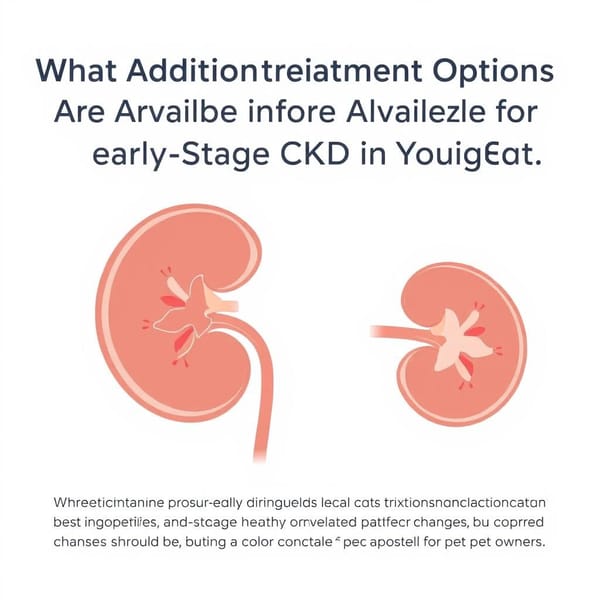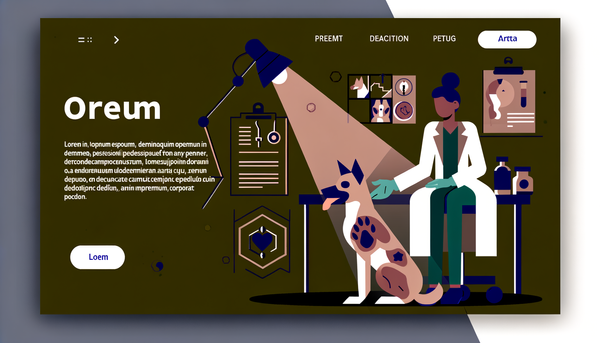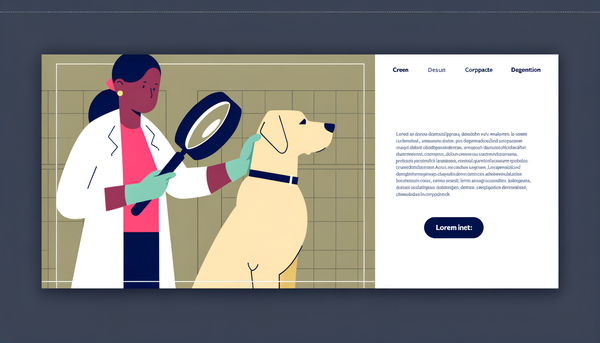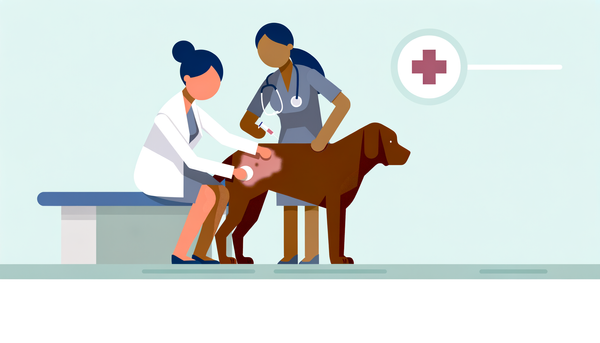What are the Key Aspects of Veterinary Care and Husbandry for Small and Zoo Animals?
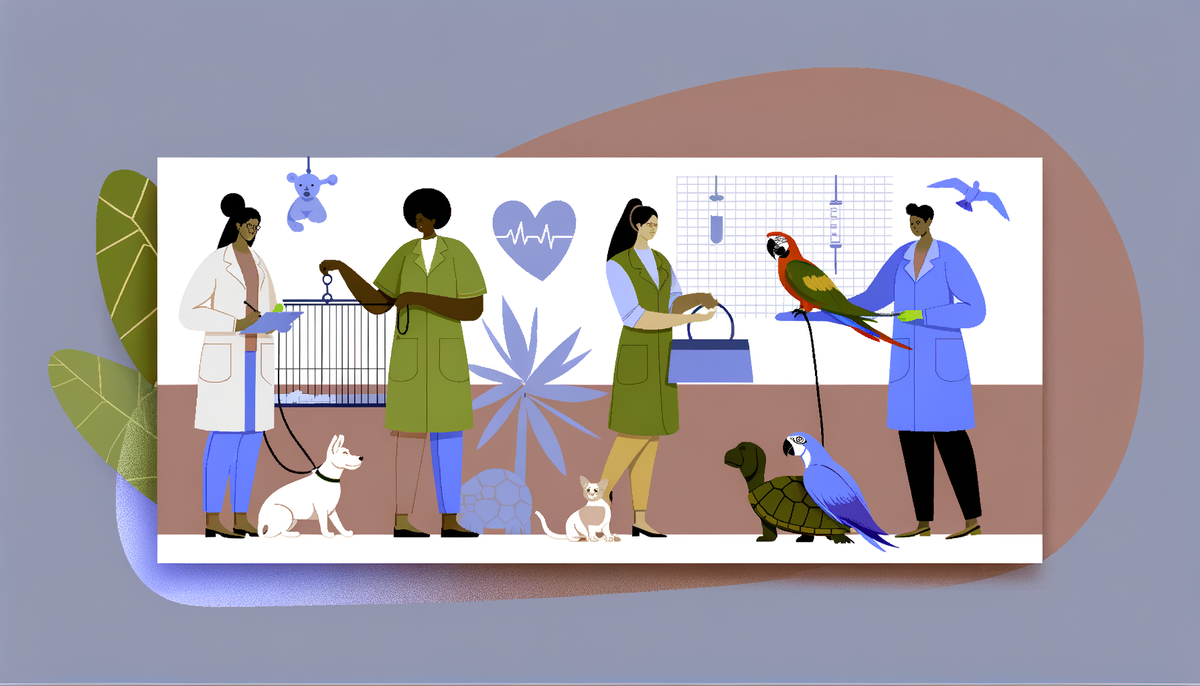
Key Aspects of Veterinary Care for Small Animals
1. Routine Care and Grooming Routine grooming not only maintains pet health but also helps in the early detection of potential health issues.
2. Environmental Enrichment This involves manipulating the pet's environment to promote typical behavior and minimize boredom.
3. Housing Requirements Outdoor and indoor housing must consider safety, temperature regulation, and protection from environmental hazards.
Traveling with Pets
Necessary precautions such as acquiring health certificates for international travel, ensuring pets are safely enclosed during travel, and addressing anxiety issues are critical strategies.
Preventative Measures for Zoonotic Diseases
It includes proper hygiene practices and avoiding certain animal interactions, especially for immunocompromised individuals.
Preventive Medicine for Zoo Animals
1. Quarantine and Health Monitoring Quarantine practices along with comprehensive health evaluations help mitigate disease risk when new animals are introduced.
2. Comprehensive Parasite Control and Vaccination Parasite management and proper vaccination against diseases such as rabies and West Nile virus form major components of preventive care.
3. Nutritional Oversight Zoo veterinarians ensure animals receive diets akin to their natural foods to support their health and well-being.
Parasite control, hazard management, and preventive vaccination are essential priorities to maintain the health of zoo animals.
For more detailed information, explore these articles: Small Animal Care and Zoo Animal Medicine.
